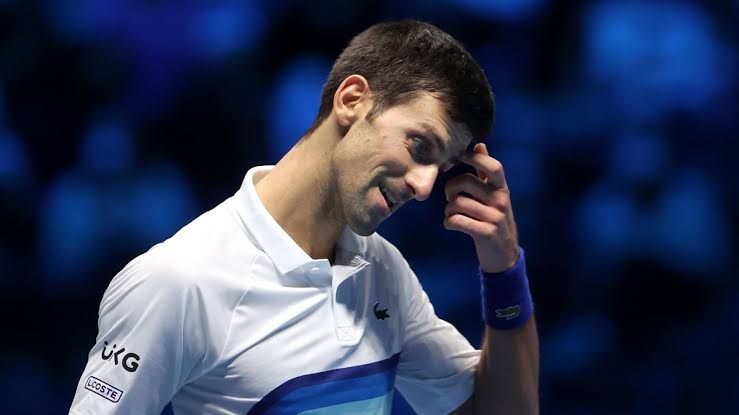Australia has cancelled Novak Djokovic‘s visa and denied the men’s number one tennis player entry. The country’s border agency made the announcement on Thursday, saying the sportsman “failed to provide appropriate evidence” to meet entry requirements. Djokovic, who is from Serbia, earlier said Continue Reading
Following the recent flagging-off of the mass COVID-19 vaccination campaign in Ogun State, the speaker of the Ogun State House of Assembly, Mr. Olakunle Oluomo, has enjoined political office holders, including the state lawmakers and councillors to mobilize people en-masse towards getting vaccinated. Mr. Oluomo who gave the admonition at the plenary session Continue Reading
The code chain officer, Covid 19 vaccination in Ibadan North West Local Government Area of Oyo State, Mr Adediran Adedamola says vaccination is still on against rumour that the exercise has been suspended. Mr Adedamola, who stated this in an interview with Radio Nigeria in Ibadan, noted that the number of people coming around for […]Continue Reading
Denmark said on Saturday that one person had died and another fell seriously ill with blood clots and cerebral haemorrhage after receiving the AstraZeneca COVID-19 vaccination. The two, both hospital staff members, had both received the AstraZeneca vaccine less than 14 days before getting ill, the authority that runs public hospitals in Copenhagen said. The […]Continue Reading
In the coming weeks, the kingdom of Morocco would begin a massive vaccination operation against COVID-19 in the country. This move followed the approval of the submission of the Country’s national scientific committee by King Mohammed the sixth. In a statement issued in Rabat, the kingdom stated that, the campaign was a real response to […]Continue Reading
